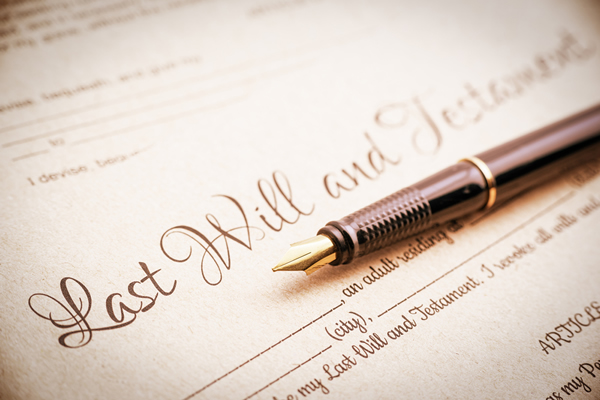You may have heard of the term “Trust” and “Will,” but the majority of the people find it difficult to distinguish between the two terminologies.
Both of these terms are very useful when it comes to estate planning, where they serve different purposes. It is also necessary to note that a Trust and Will work hand in hand to create a complete process of estate planning.
Many people think that they are healthy and that nothing will happen to them, so they procrastinate in preparing their Will or Trust. However, should one suffer a serious malady, it may be too late to take care of your loved ones in the future. During mourning, it will be challenging for loved ones to deal with your property without Will and Trust. Much time, problems, quarrels, expenses, and delays can be avoided by early estate planning.
Without a Will or Trust, One should not rely on the court will make all decisions for you. For example, if you do not have a designated guardian for minor children, the courts will decide where your children will go and it will decide on distribution of family heirs. If there is someone in your family that you may not like, he may receive part or all of your property. If you want something special to reach a friend or a significant person, you know that they will receive only a letter.
What is a will?
It is a legal document where a person “Testator” expresses their wish on how his /her property will be disposed of, or who will raise their minor child in the event the person’s death. The testator names one or more people who will act as the “executor” to manage the Testator’s property and ensure the property is distributed according to the will. This critical document will become effective when the testator dies.
What is a Trust
A living trust is a legal document where the “Settlor”, sets up the Trust and then act as the “Trustee” to manage the Trust property for the benefit of the beneficiaries. Upon the death of the Settlor, a substitute trustee, who is named in the Trust, disposes of all the Trust assets to the beneficiaries according to the terms of the Trust.
The Trust provides a set of instructions on how one’s property will be distributed to his/her relative after death. In some cases, the Settlor may feel that whatever he/she may have written in the Trust should be changed. This can be accomplished at any time long as the Settlor is mentally sound and there is no undue influence.
Conclusion
Whenever you think about the last testament or trust, it is best to leave these essential documents in the hands of a trained and experienced professional. These documents have the power of your future and your family, so you must trust them as a trusted specialist who knows precisely what they are dealing with. Relying on a reputable lawyer in this area, real estate planning will never be more natural. A reliable lawyer will take care of all the underlying issues, ensuring that not a single stone goes unnoticed, and the future of your family remains in the best hands.





